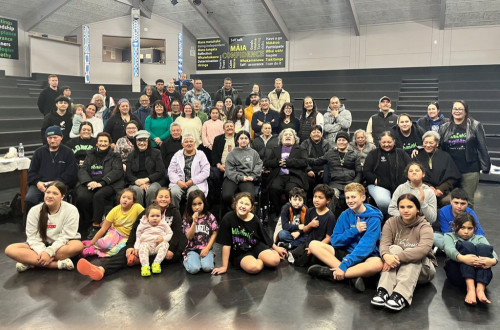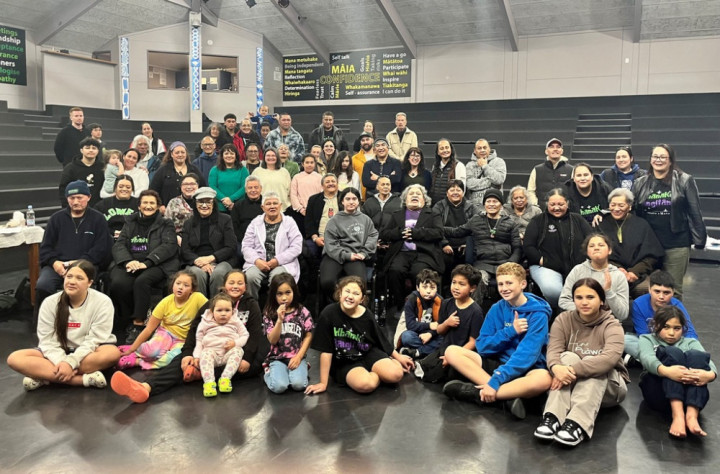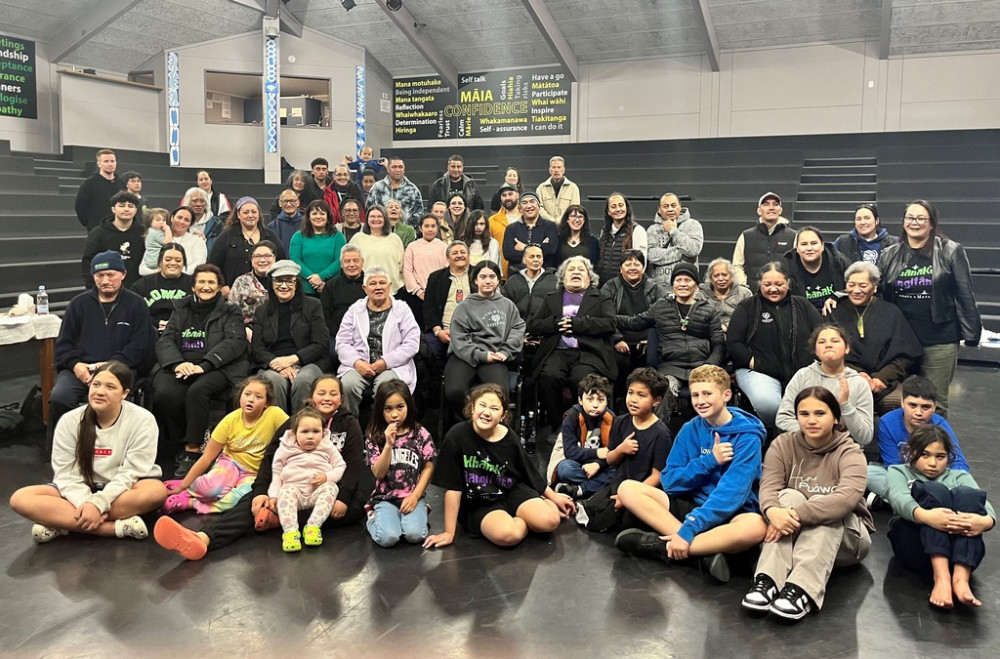A new programme is helping create a sense of identity for descendants of Rangitāne o Manawatū – and connecting them with local health services at the same time.
Delivered by the Ngāti Mairehau Charitable Trust with funding from Te Aka Whai Ora, the Kāwai-Kainga programme provides an opportunity for whānau to connect to their ancestral knowledge, the environment, and their whakapapa through wānanga and fieldtrips.
Representatives from Hauora Māori services attend the wānanga, providing an opportunity to educate and connect with participating whānau in an environment that feels comfortable for them, says the Trust’s Cleo Hotereni.
“The purpose of the Kāwai-Kainga programme is to build confidence, build cultural identity for individuals and whānau, and connect them to their communities. We then build further connections by providing links to local health and social services,” says Cleo.
“It’s about doing hauora activities together and inviting health professionals to build whanaungatanga with our people, rather than just confronting whanau with questions around ‘how’s your health?’.
“From experience, we know that our whānau don’t feel comfortable engaging with health professionals in a clinical setting.
“One of our keynote speakers is a Mixed Martial Arts fighter, which of course our rangatahi are really interested in. Hearing him speak about his lived experience and journey, it inspires our rangatahi that they can do it too. They have an opportunity to see themselves as someone who can thrive,” says Cleo.



The shared kai following each session offers a chance to kōrero, mix, and mingle with health professionals as equals – which is already producing great results.
“The relationship between a doctor and their patient is hierarchical, but when you build whanaungatanga and share kai together, you’re just people. It’s so important to remove barriers for that connection to occur.
“Over 70 percent of whānau who attended these wānanga signed up for health services on that very same day. This reflects the sense of whakamā – shyness and embarrassment that can be felt when whānau interact with the health system, the barriers to accessing services, and how our approach can make such an important difference to overcoming those barriers.
“The rate at which Māori die compared to other groups just can’t be accepted as our normal. It simply can’t be something we’re comfortable with. The Kāwai-Kainga approach is already paying off, enabling better hauora for our people by connecting them into the services available,” says Cleo.
Kingi Kiriona says mātauranga Māori and mātauranga ā-iwi links people, place, and practice, and produces contextual knowledge that better supports self-determination.
“We’re proud to support this programme, creating an environment where whānau can not only reconnect to their culture and whakapapa, but also letting them know what services are available to support their health and wellbeing,” says Kingi.